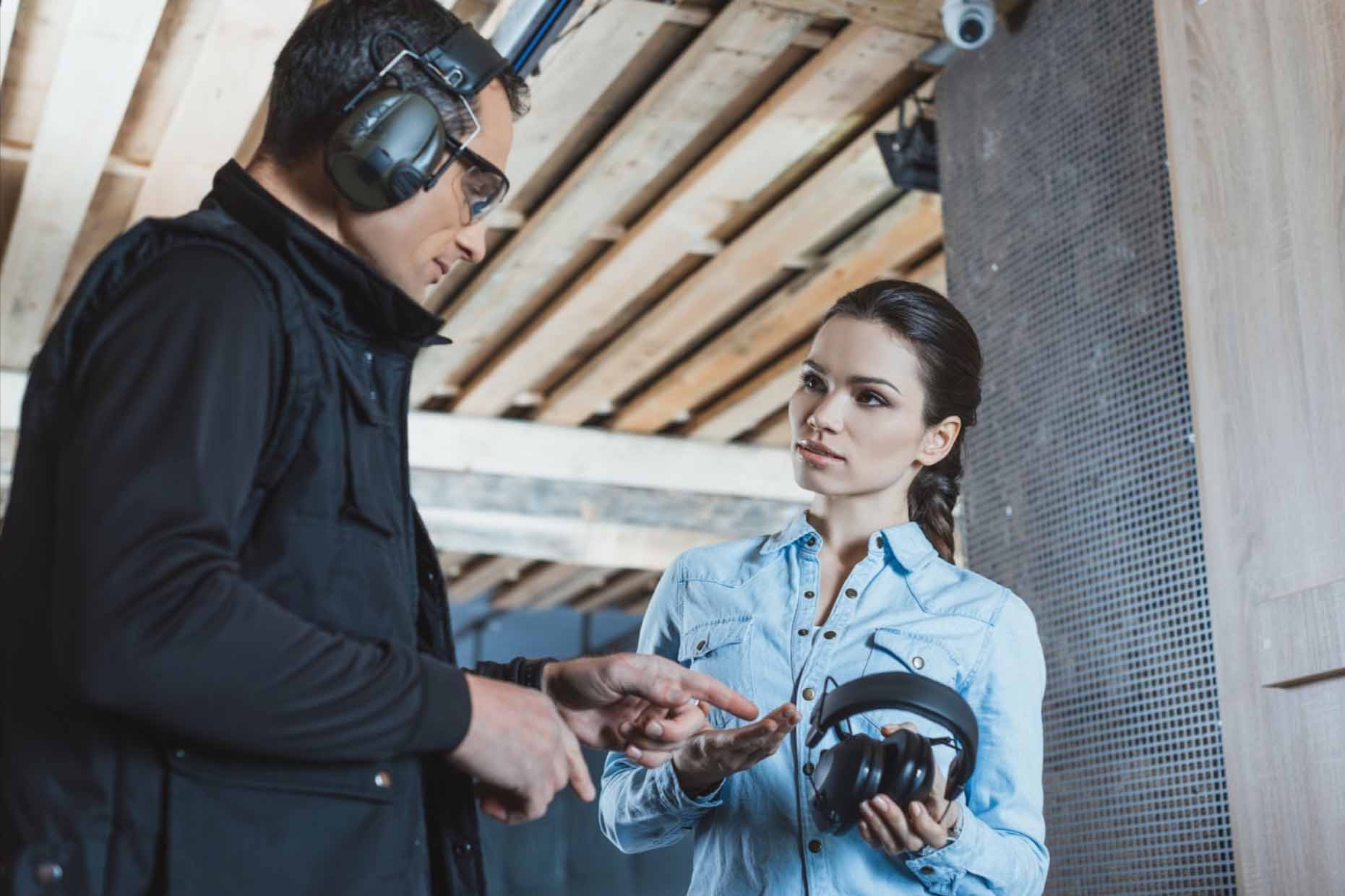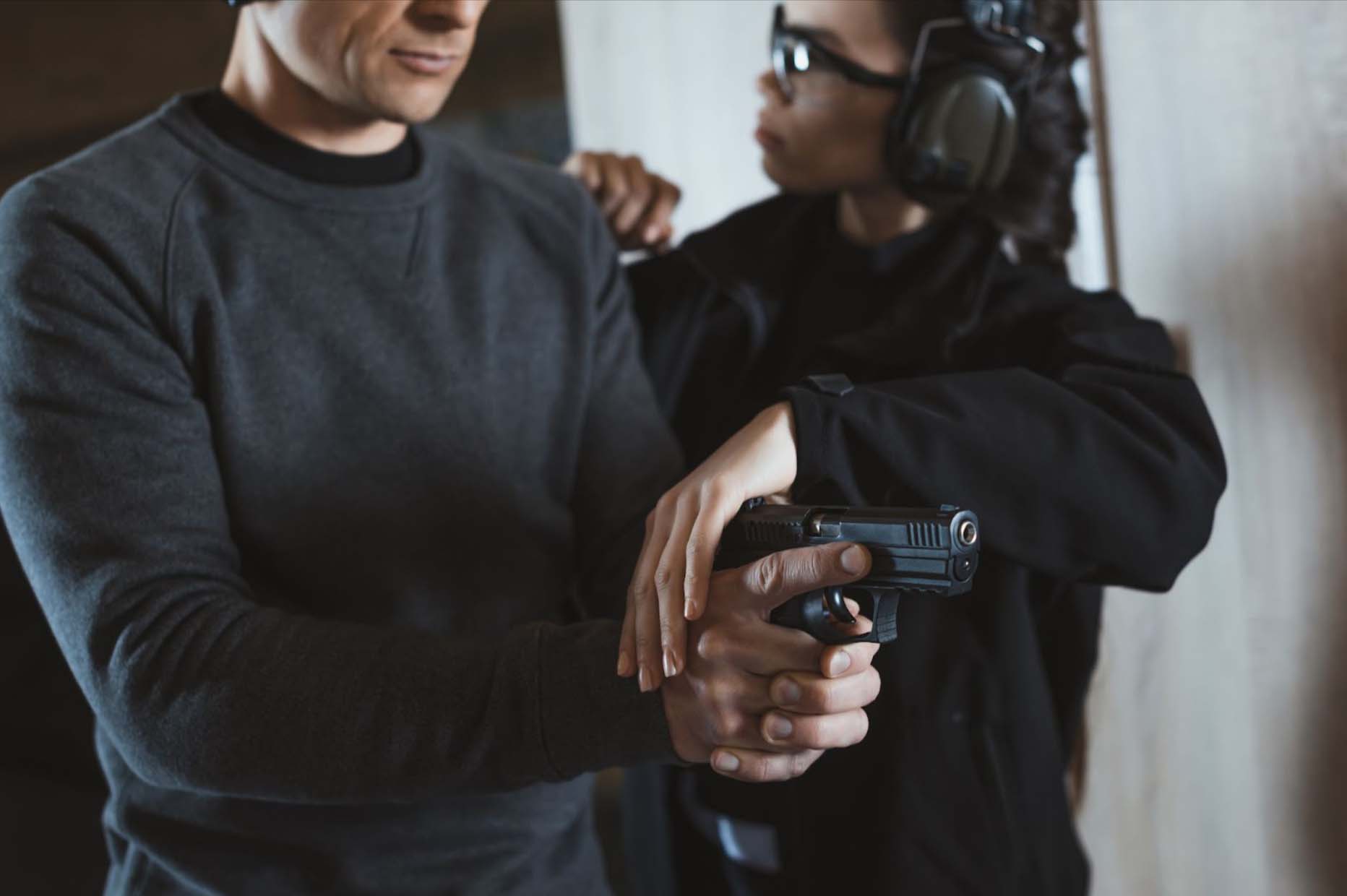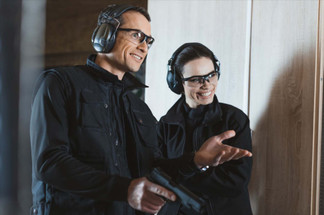Jun 19th 2024
What to Look for in a Firearms Instructor
What to Look for in a Firearms Instructor
When it comes to firearms training, selecting the right instructor is paramount to ensure safety, proficiency, and a positive learning experience. Whether you are a novice seeking basic training or an experienced shooter aiming to refine your skills, the right instructor can make a significant difference in your journey. Here are key factors to consider when choosing a firearms instructor.
1. Credentials and Experience
The first and foremost factor to consider is the instructor’s credentials and experience. A reputable instructor should have formal training and certifications from recognized institutions. Look for credentials such as NRA (National Rifle Association) certification, law enforcement or military training, or certifications from other reputable firearms training organizations.
Experience is equally important. An instructor with a background in law enforcement, military service, or competitive shooting can offer practical insights and advanced techniques. Additionally, an instructor with years of teaching experience is likely to have refined their teaching methods to cater to various learning styles and skill levels.
2. Teaching Style and Communication Skills
A great instructor is not just knowledgeable but also an effective communicator. They should be able to explain complex concepts in a simple, understandable manner. Pay attention to their teaching style—do they encourage questions and foster a supportive learning environment? An instructor who is patient, approachable, and adept at providing constructive feedback will enhance your learning experience.
Consider attending a trial class or observing a session to gauge their communication skills and teaching methods. This will give you a better idea of how they interact with students and manage the training sessions.
3. Emphasis on Safety
Safety should be the top priority in any firearms training program. A qualified instructor will place a strong emphasis on safety protocols and ensure that all students understand and adhere to them. They should cover essential topics such as safe handling, storage, and maintenance of firearms, as well as range safety rules.
Observe how the instructor addresses safety issues during the training sessions. Are they vigilant about enforcing safety measures? Do they provide clear instructions and supervise students closely to prevent accidents? An instructor who prioritizes safety creates a secure and confidence-building learning environment.
4. Customized Training Programs
Every student has unique needs and goals when it comes to firearms training. A good instructor recognizes this and offers customized training programs tailored to individual skill levels and objectives. Whether you are looking for basic firearm handling, self-defense training, or advanced tactical skills, the instructor should be able to adjust the curriculum to meet your specific needs.
Ask potential instructors about their approach to personalized training. Do they conduct an initial assessment to determine your skill level and goals? Are they flexible in adapting their lessons to address your strengths and areas for improvement?

5. Range of Courses Offered
The variety of courses offered by an instructor can indicate their expertise and versatility. A comprehensive training program might include courses on basic handgun or rifle skills, advanced marksmanship, self-defense tactics, concealed carry permit training, and specialized courses such as home defense or tactical shooting.
Evaluate the course offerings to ensure they align with your training needs. An instructor with a diverse range of courses is likely to have a broader knowledge base and the ability to teach a wide array of skills.
6. Positive Reviews and Testimonials
Word of mouth and reviews from previous students can provide valuable insights into an instructor’s effectiveness and professionalism. Look for testimonials on the instructor’s website, social media pages, or review platforms. Positive feedback about the instructor’s teaching style, knowledge, and the overall learning experience is a good indicator of their competency.
Additionally, ask for references or speak directly with former students to get a first-hand account of their experiences. This can help you make an informed decision and choose an instructor with a proven track record of success.
7. Facilities and Equipment
The quality of the training facilities and equipment can significantly impact your learning experience. A well-equipped range with modern amenities, safety gear, and a variety of firearms for training purposes is essential for effective instruction. The environment should be clean, organized, and conducive to learning.
Visit the training facility if possible, or request a virtual tour to assess the conditions. Ensure that the range is safe, properly maintained, and equipped with the necessary tools and targets for comprehensive training.
8. Professionalism and Ethics
Professionalism and ethical conduct are crucial traits for any instructor. They should demonstrate respect, integrity, and a commitment to providing high-quality training. Observe how they conduct themselves during interactions—are they punctual, organized, and respectful towards students?
An ethical instructor will also be transparent about their qualifications, training programs, and fees. They should provide clear information about what the training entails and any costs involved without hidden charges.
9. Continuing Education and Training
Firearms techniques and safety protocols are constantly evolving. An instructor who engages in continuous education and training is likely to stay updated with the latest advancements and best practices in the field. This commitment to ongoing learning ensures that they can provide the most current and effective training to their students.
Inquire about the instructor’s efforts to stay updated with industry developments. Do they attend workshops, seminars, or advanced courses? Are they active members of professional organizations related to firearms training?
10. Personal Compatibility
Finally, personal compatibility is an important aspect to consider. You should feel comfortable and confident with your instructor. A positive rapport can enhance your learning experience and make the training process more enjoyable. Trust your instincts—if you feel uneasy or uncertain about an instructor, it may be worth looking for someone who better aligns with your personality and learning style.
11. Flexibility in Scheduling
One often overlooked but important aspect is the instructor’s flexibility in scheduling classes. Many students have busy lives and finding time for firearms training can be challenging. An instructor who offers flexible scheduling options, including evening and weekend classes, can be incredibly beneficial.
Check if the instructor can accommodate your schedule and if they offer make-up classes in case you miss a session. Flexibility in scheduling demonstrates an understanding of students’ varying time commitments and a willingness to ensure that training is accessible to everyone.
12. Supportive Learning Environment
A supportive learning environment is essential for effective training. An instructor who fosters a positive and encouraging atmosphere can significantly enhance your confidence and willingness to learn. Look for instructors who create a community feel among students, promoting camaraderie and mutual support.
Instructors who encourage questions, provide positive reinforcement, and create an inclusive environment contribute to a more enjoyable and effective learning experience. This supportive approach not only helps in retaining information better but also makes the training sessions something to look forward to.

Find a Professional Firearms Instructor Today
Choosing the right firearms instructor is a critical decision that can greatly influence your proficiency and safety with firearms. By considering factors such as credentials, teaching style, emphasis on safety, customized training programs, and professionalism, you can find an instructor who meets your needs and helps you achieve your training goals. Remember to do your research, seek recommendations, and take the time to find an instructor who inspires confidence and provides high-quality training.
Visit our Gunline Shooting blog to learn more about gun training, firearms, and more!

